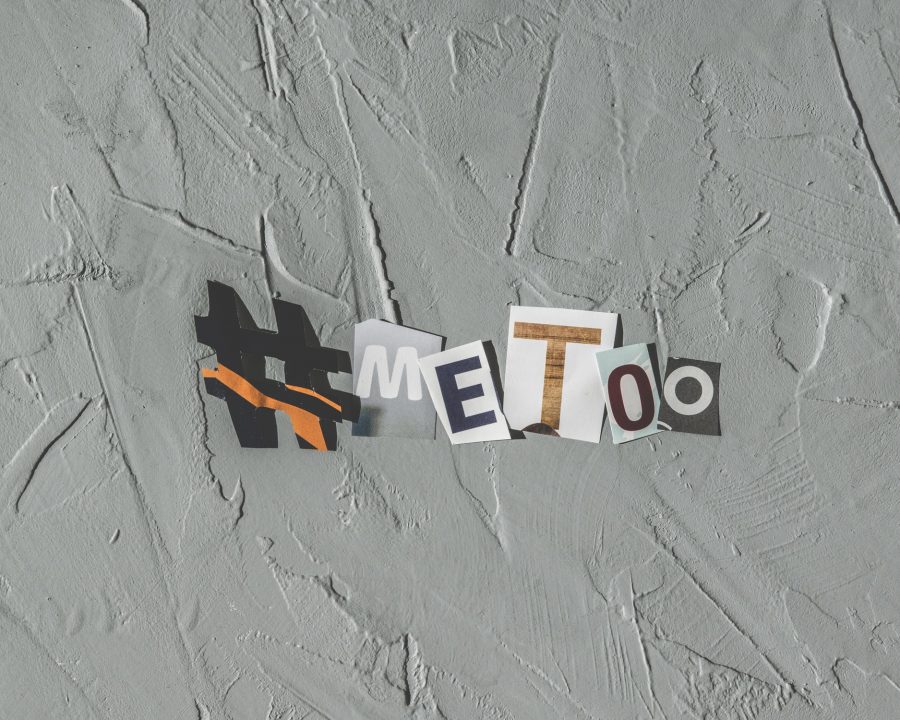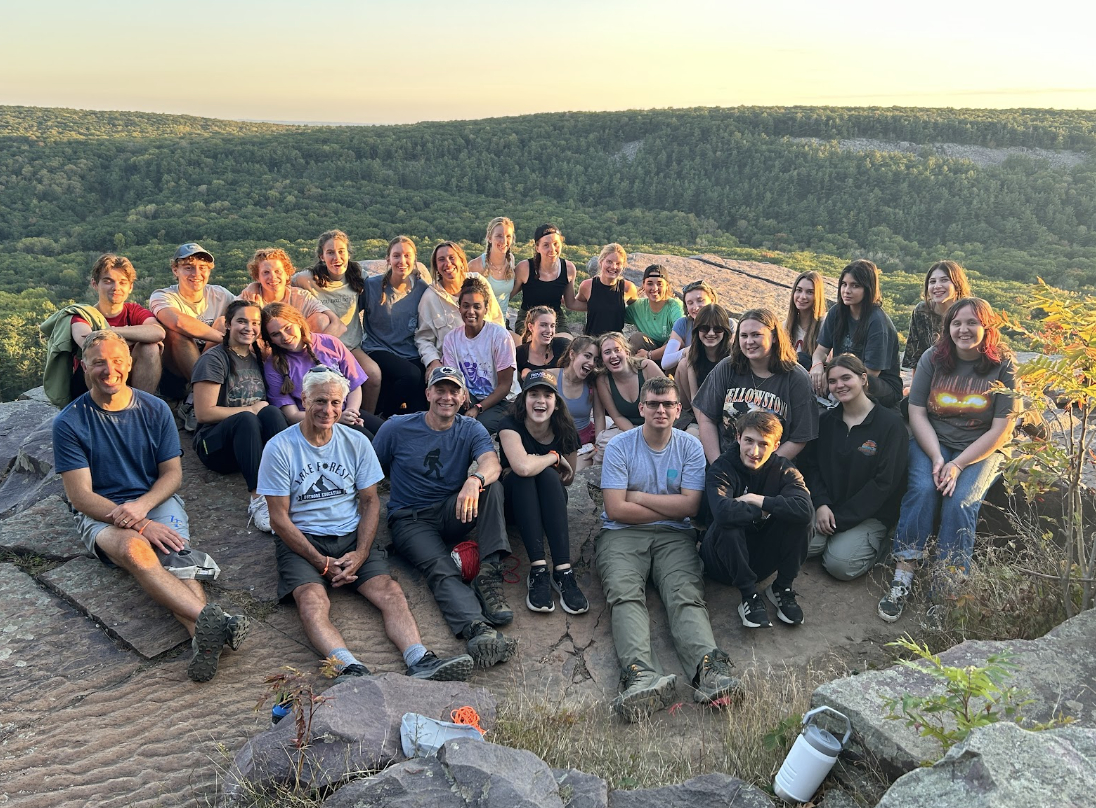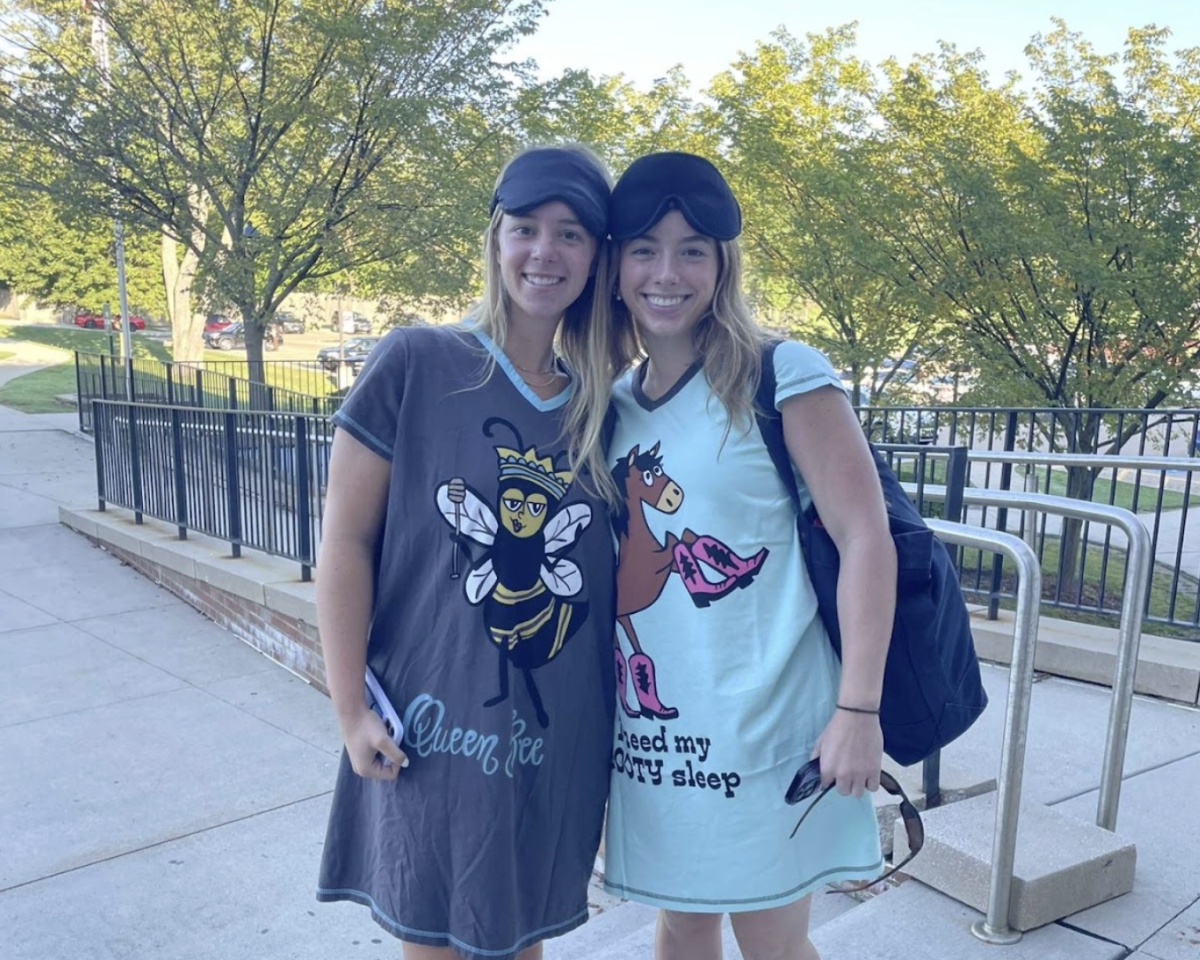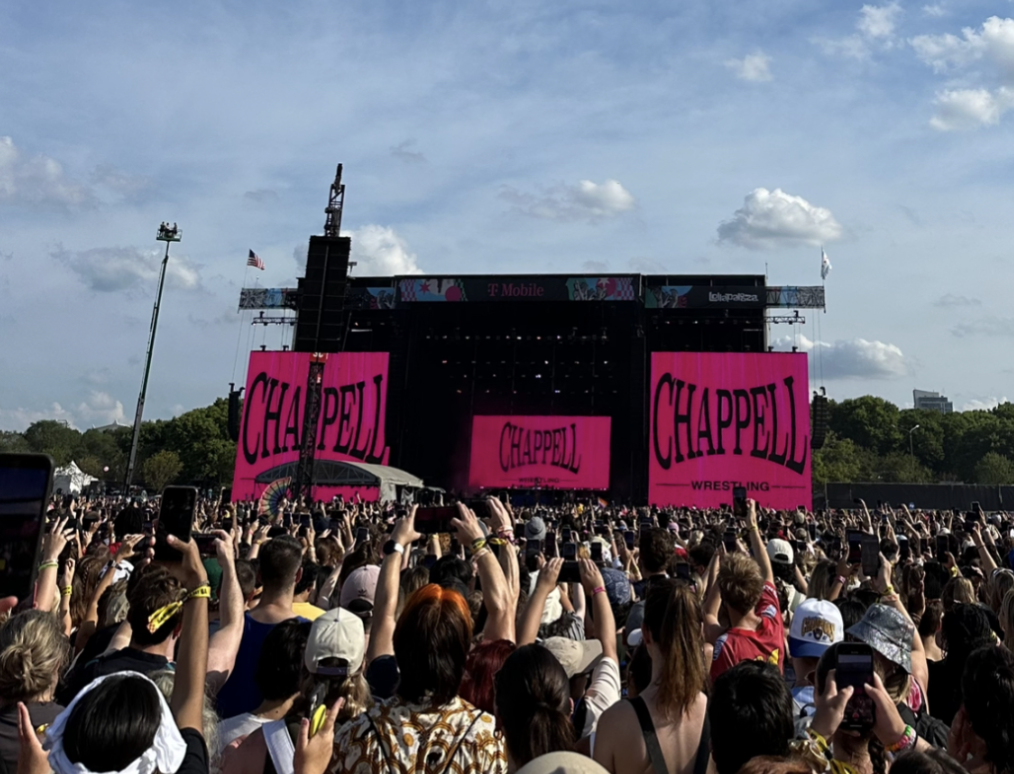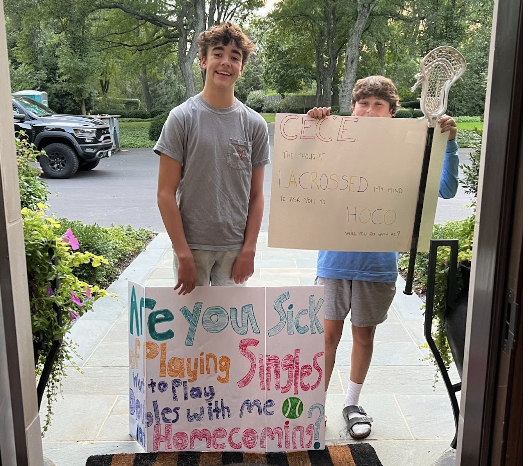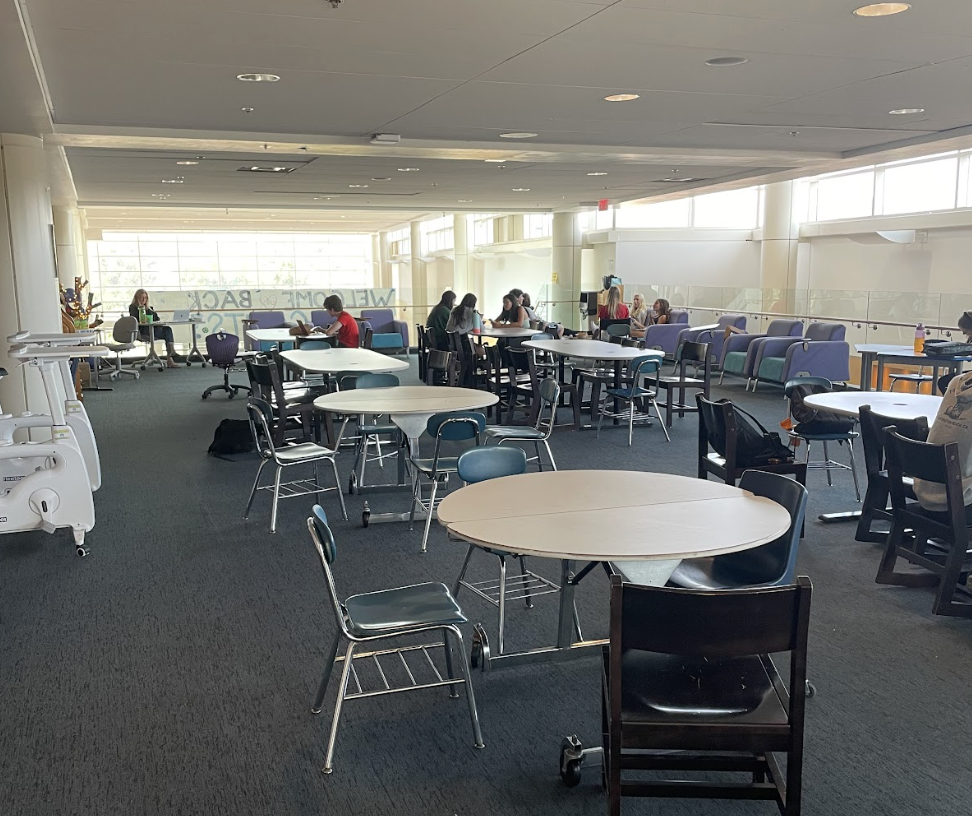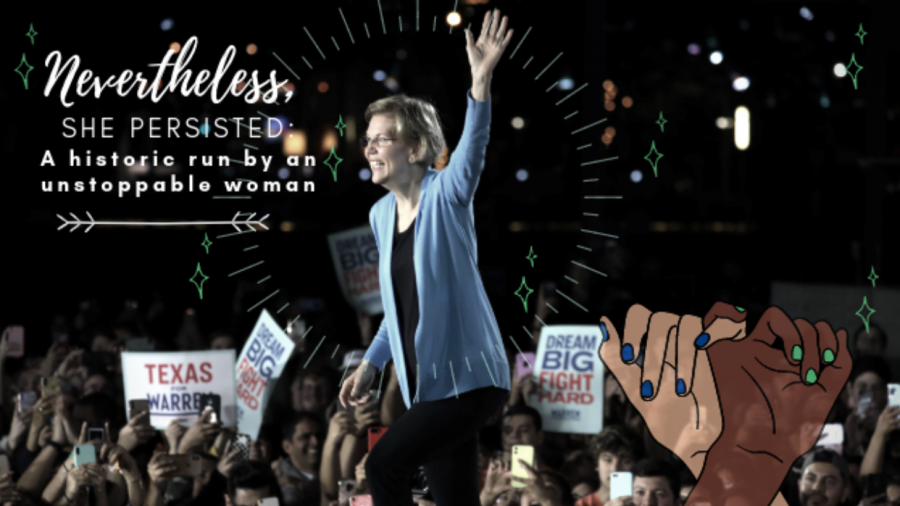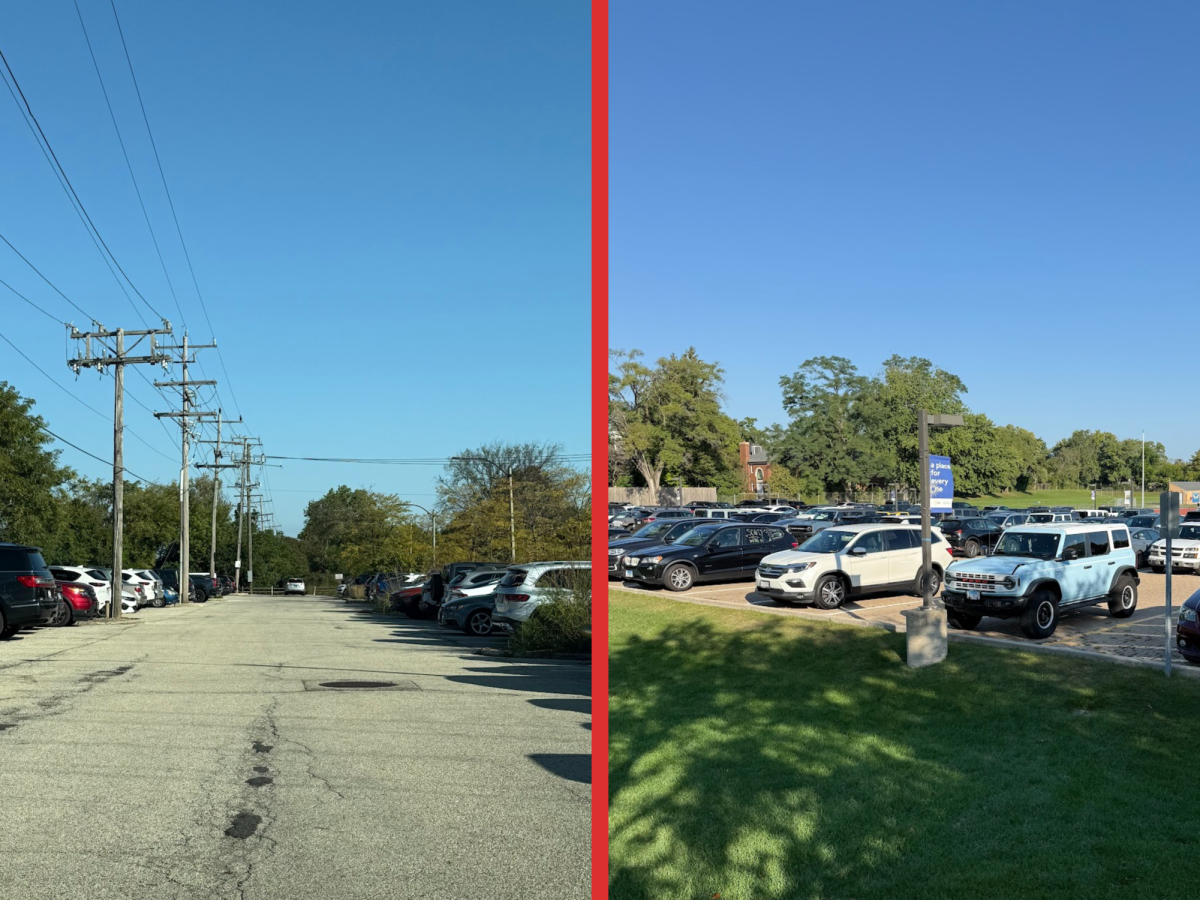On September 30, 2017, civilians took to the streets of Philadelphia to speak out about a widespread abstraction, plaguing the lives of people everywhere. This group stood up in opposition of the rape culture that has continued to have a strong influence in the U.S.A for decades, leaving thousands of Americans stripped of their dignity and self worth. In a city full of buildings and shops, people marched, with skin and stances exposed, carving a path of hope for people everywhere. Traveling in a mass of strong, intelligent individuals, they disregarded their differences as they marched together, more than prepared to make a statement against rape culture. While society was quick to label these women as radical feminists who were standing up against a challenge that did not exist, this vast array of females stood up for a cause so valid it could take years to realise its prevalence. In today’s America, people are blind to such a thing, when in all actuality this concept influences the everyday lifestyles we live, secretly governing the lives of women–and even men–throughout America.
Throughout America, people preach freedom. Freedom, of course, is something most people tend to strive for. However, in America it’s more than just an aspiration–it’s culture. Most American mantras allude to such a concept if not state the word explicitly. Featured in songs commonly enjoyed on an American holiday, or words exchanged as a representation of our devotion to our country. In a more substantial outlook, this concept is explored in the Constitution, a great document seen in a similar regard as that of the Bible or an encyclopedia, in which it states we have such freedoms as life, liberty, and the pursuit of happiness, in the words of Thomas Jefferson. In today’s America we deny the basis on which America was founded, the freedom our founding fathers granted us. In a society that clutches onto outdated ideals that foster oppressive concepts such as rape culture and hypermasculinity, we have no chance at freedom.
These said concepts have been developing under our feet for decades, leaving our society ignorant and uninformed. This concept was displayed thoroughly in the Bill Cosby case that made headlines in 2004, a time in which people turned a blind eye to rape.
This case involved Bill Cosby, a world renowned actor and comedian, who left a lasting mark with his breakout movie I Spy. Later becoming a father and a husband–Cosby’s soft side came out on camera when he starred on his show Kids Say the Darndest things, working in close proximity and on stage with children of many ages, genders and races. Lastly, and perhaps most importantly, Bill Cosby made a name for himself with the (alleged) sexual assault of over 45 women.
In 2004, however, Andrea Constand sought justice for vile acts committed against her only a year before at the hands of Cosby; sexual assault and usage of the drug Rufilin. Delivering a powerful and emotional testimony, Constand made a lasting mark on the case, inspiring as many as 45 other women to come forward about their experiences with Cosby.
The details of this case–though taking place over 10 years ago–are far too similar to that of today’s trials surrounding sexual assault. Many of them concluding adequately, subsequently striping the victims of the justice they rightfully deserve.
While sexual assault within Hollywood may be making headlines, Sexual assault and Rape Culture surround the lives of everyone in America. There is a blanket of shame associated with assault, when there should be more of an urgency to end such violence against civilians.
We, as girls, are often taught that the clothes that we wear(and the things that we do) make us more or less of a risk factor for Rape. However, this is a class a example of rape culture and victim blaming. While victim blaming is a superb example of sexism in America as 1 in every 6 women has fallen victim to rape (quickly overshadowing the 1 in 33 statistic surrounding Sexual assault involving men), this also begs the question: Has rape culture found a place in American society?
Rape is one of the only crimes in which people ask the victim what they could have done to constitute such behavior from the aggressor, when in all actuality the only one to blame is the rapist. However, when addressing the Rapist people are quick to hold their breath when designating such a title. Throughout thousands of cases, people hold the achievements (of the rapist) higher than that of their unlawful behavior. Commonly denoted for their humble or caring ways, or the fact that they were a scholar with a hunger for knowledge, when the only title they have truly earned for themselves is that of a rapist. People are quick to point the finger at women, ultimately insinuating that it is their fault over the rapist themselves.
Similarly, in American society, there seems to be a hunger for masculinity and a concealment of all femininity, suggesting that, teaching young boys not to conceal their manliness, is more important than teaching young men not to rape girls. Today, seeing the bodies of women in media is a mundane thing. The hyper objectification of women plays a large role in rape culture. If that is what is advertised then why can’t I have it? Such a question makes it easy to see how this would trickle down into the objectification of women and girls in everyday interaction. For instance, the outrageous commands that schools have surrounding the outfits that girls can and cannot wear, stating that their clothing is the problem, not the ‘boys’ they claim to be protecting. Thus, feeding into hypermasculinity and the sexist and outdated statement “Boys will be boys.”
While I believe it is crucial to learn how to protect yourself, it is our right as Americans to feel safe on our streets and in our own communities. In a world that strives to achieve freedom, the people living in the freest of countries take what they have for granted and ultimately deny the right that their people have to freedom. Even today we still see the effects that outdated, or rather ‘traditional’, values have on our country.
Growing up in America, children are taught indirectly that you are more so responsible for the actions that affect you rather than your own, allowing for activity such as rape and sexual harassment to go unnoticed, as many people overlook these things. Not to mention, when all is said and done, in a court the victims are greeted with condescension and disrespect, commonly accused of lying when in all actuality only 2-8% of rapes are falsely reported.
After years of ignorance and indifference, America has unknowingly aided against rape, as people have begun to analyze the code of silence and shame what we have built around it, reviewing the ways we teach our kids how best to handle situations, and how these things have exacerbated at a seemingly exponential rate throughout the course of multiple generations. Recognizing and supporting foundations that support the victims of sexual assault, including the joyful heart foundation, RAINN, even the #MeToo organization that encourages women and men throughout America to come forward about their experiences, in order to spread awareness.
Sexual assault often stems from a place of abused power, which explains its prevalence in Hollywood and even politics. The power and authority we give to certain people can be misconstrued as superiority, both in the minds of the abusers and the victims. Recently, cases surrounding politicians have begun to find their way into the eye of the media. The process many people take to get to that point is outrageous, placing the victims at the bottom of the proverbial totem pole. Still, many people have made the incredibly courageous leep required in order to speak out about not only the prevalence of sexual assault, but the corrupt process they have taken to get to that point. Thus, inspiring the proposal of a bill, that will allow for more victims to come forward. The first step towards making a difference in the lives of the survivors is providing them with the faith and security they wish to have when they reach the other side. This bill is one great example of progress being made in America, allowing women and men to come forward without the struggle, building a support system, that they wouldn’t have otherwise.
While today’s America is far from perfect, people are still fighting to destroy the stigma surrounding sexual assault, and we should all do the same. Everyone can agree that rape is in no way a positive thing. However, as a country, as a community, or merely as individuals, we should all support positive progress when handling these cases. Instead of turning our heads, together we can continue to make progress and continue to uphold our values of life, liberty, and the pursuit of happiness.

